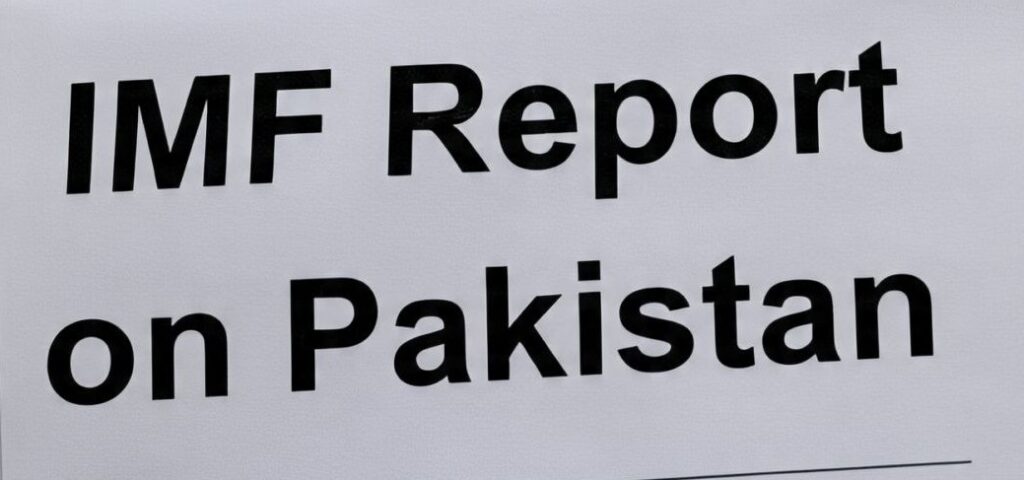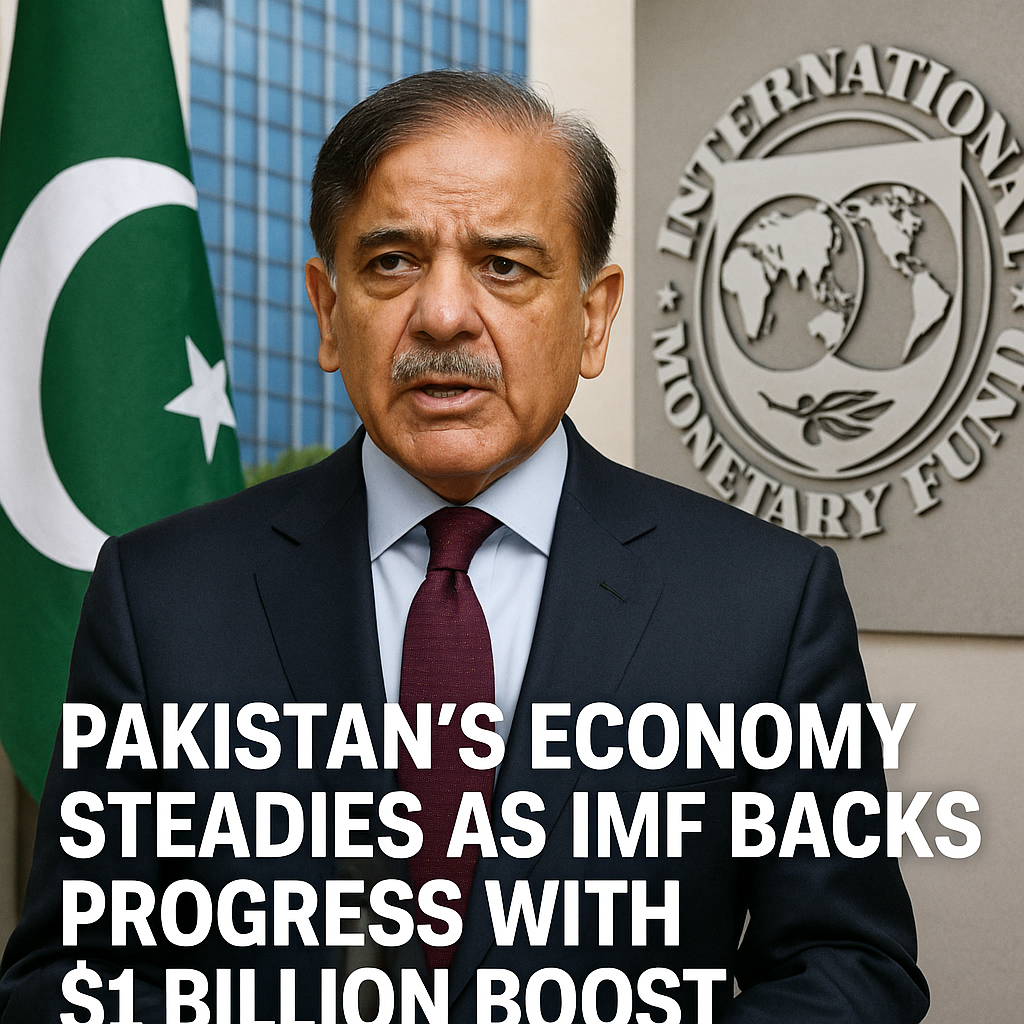
Pakistan’s economic outlook is showing signs of stability and improvement as the International Monetary Fund (IMF) praised the country’s recent policy efforts under a major loan program. The IMF noted that financial and external conditions have strengthened, supported by a current account surplus in the first eight months of the current fiscal year and foreign exchange reserves exceeding expectations.
Inflation has come down to historical lows, although core inflation—excluding food and energy prices—remains higher at about 9 percent. Meanwhile, the country’s economic recovery is progressing, even though growth in the first half of FY25 came in slightly below projections.
The IMF confirmed that Pakistan’s $3 billion loan program, formally known as the 37-month Extended Fund Facility (EFF) approved last September, is on track. As of the end of December 2024, all seven quantitative performance criteria (QPCs) and five out of eight indicative targets were met, along with most structural benchmarks. The successful completion of the first review under the EFF will unlock another $1 billion in funding, bringing total disbursements so far to about $2 billion.
However, the IMF cautioned that continued commitment to reforms is essential to preserve the country’s hard-won economic stability. The primary budget surplus target for FY25 appears to be within reach, but the Fund urged Islamabad to pursue further tax and spending reforms to reduce public debt and create room for more investment in social programs and development.
The central bank is expected to keep monetary policy tight and responsive to data in order to control inflation. A more flexible exchange rate remains key to shielding the economy from external shocks and to help build foreign currency reserves. In the energy sector, the IMF emphasized the need for regular tariff adjustments to recover costs and comprehensive reforms to bring down the sector’s high financial burden.

In a significant move, Pakistan has also requested support under the IMF’s Resilience and Sustainability Facility (RSF), seeking an additional $1 billion to address climate-related vulnerabilities. The RSF plan includes measures to boost disaster resilience, manage water resources more efficiently, improve disaster response coordination, and enhance climate risk disclosures by banks and companies.
The IMF said these steps will not only help Pakistan respond better to climate threats but also support the country’s long-term growth and sustainability goals.
The continued flow of IMF funding and technical support will be critical as Pakistan navigates its economic recovery while dealing with the challenges of climate change and the ongoing need for structural reforms.
 BeNewz
BeNewz




